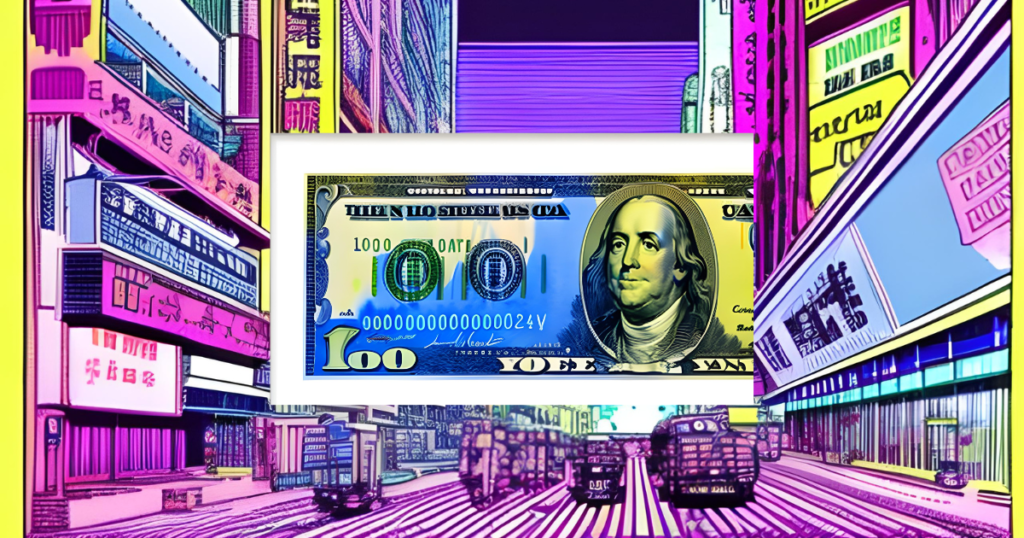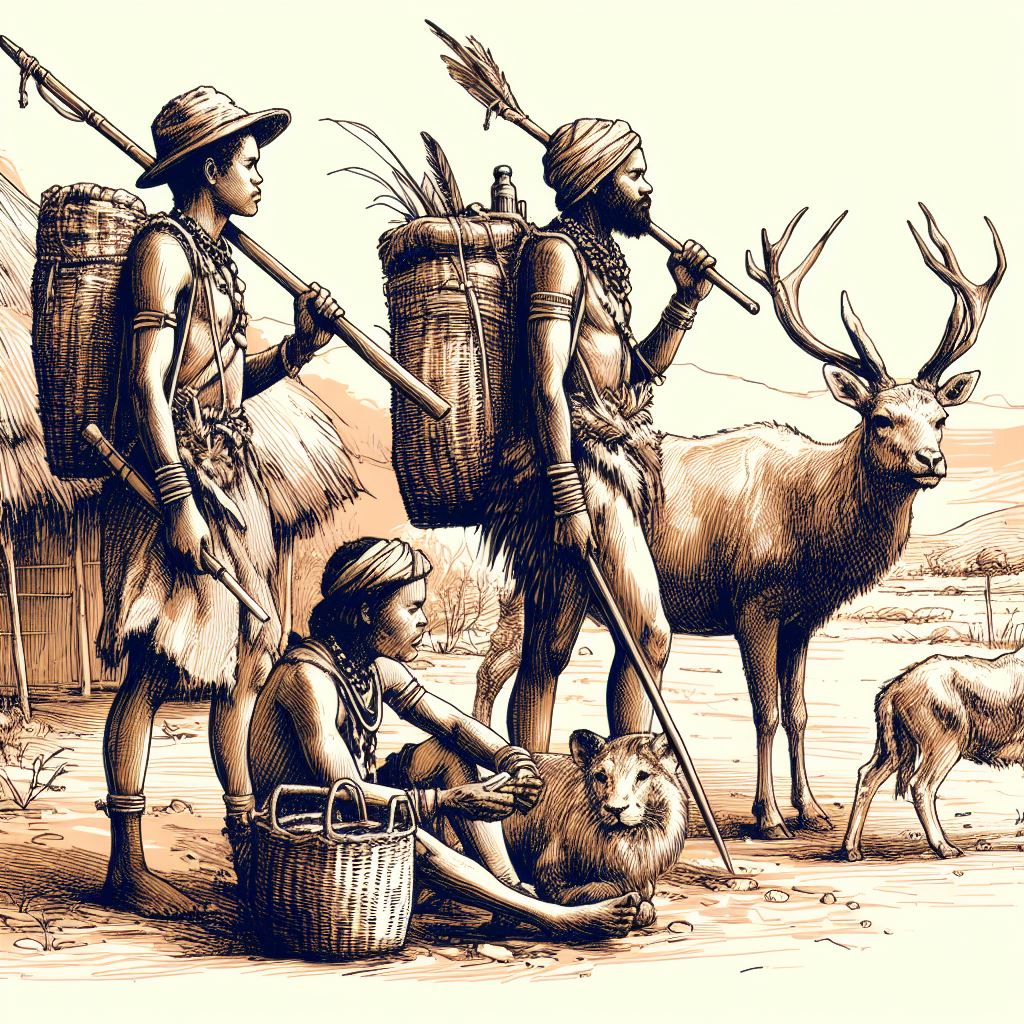Money is a universal commodity that is essential for almost every aspect of human life. The use of money is so ingrained in society that it is difficult to imagine a world without it. Money is not only a medium of exchange, but it also serves as a unit of account and a store of value. In this article, we will discuss the sociological aspects of money, including its evolution, nature, functions, significance, and evils.
The Precursor to Money, the Barter System
The barter system, which is the exchange of goods and services without the use of money, had many problems. One major problem was the lack of a common measure of value, which made it difficult for people to compare the value of different goods and services. Another problem was the difficulty in finding a trading partner who had the desired goods or services. This made transactions time-consuming and inefficient. Finally, goods and services in the barter system were not divisible, which made it difficult to make small transactions or to exchange goods or services of different values. These problems led to the development of money, which served as a common measure of value, was portable and divisible, and could be used to exchange goods and services.
Money has evolved over time from simple forms like shells and beads to complex forms like paper currency and digital currency. Commodity money was the earliest form of money, which included goods that had intrinsic value such as gold or silver. Commodity money was replaced by fiat money, which is not backed by any physical commodity but is accepted by the government as a means of payment. Representative money is a currency that is backed by a physical commodity like gold. Digital currencies, such as Bitcoin and Ethereum, are the most recent evolution of money and have gained popularity in recent years.

Understanding the Money: Meaning and Nature
Money is a medium of exchange that facilitates transactions between individuals or organizations. It is a generally accepted means of payment that is used to buy goods and services. Money has value because people trust that it will be accepted by others in exchange for goods or services. Money has different forms such as coins, paper money, and digital currencies, and serves as a universal means of payment.
Money has several characteristics that make it unique. Durability means that money can withstand wear and tear without losing its value. Portability means that money can be easily carried and transported. Divisibility means that money can be divided into smaller units. Uniformity means that all units of a particular currency have the same value. Limited supply means that the supply of money is controlled to maintain its value. Acceptability means that money is widely accepted by people as a means of payment.
Functions and Significance of Money
Money serves three main functions in society: a medium of exchange, a unit of account, and a store of value. As a medium of exchange, money is used to buy and sell goods and services. As a unit of account, money is used to measure the value of goods and services. As a store of value, money is used to save for future purchases or investments. The functions of money are crucial for trade and commerce, and have helped to promote economic growth and development.
Money is significant in society because it is a necessary component of economic activity. Without money, trade and commerce would be extremely difficult. Money plays a role in social status and power. People with more money tend to have more power and influence in society. Money is also important in personal and family life, as it enables individuals to meet their basic needs, save for the future, and make investments.
Evils of Money
While money is essential in modern society, it can also have negative consequences. The pursuit of money can lead to greed, corruption, and inequality. Money can also be a source of stress and anxiety for individuals and families. The unequal distribution of wealth can lead to social and economic inequalities, which can cause social unrest and political instability.
In conclusion, money is an essential part of modern society that has evolved over time to meet the needs of trade and commerce. While money has many positive attributes, it can also have negative consequences.


